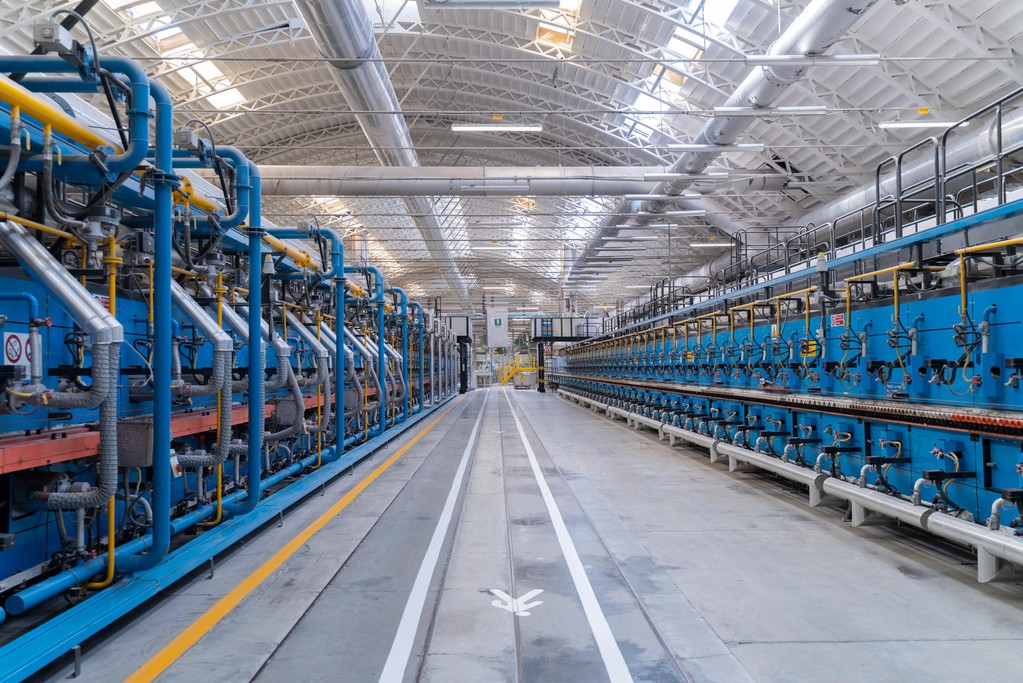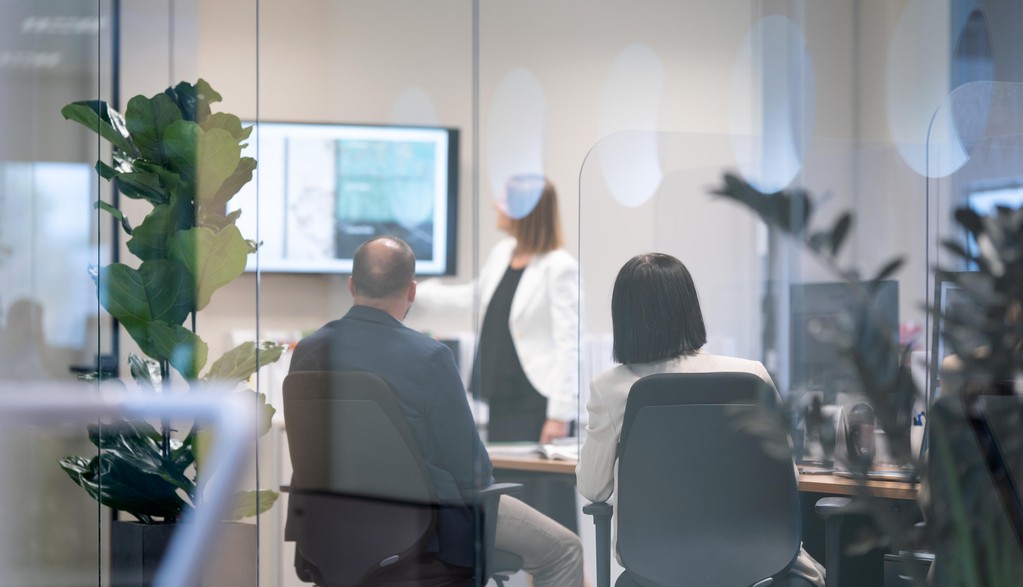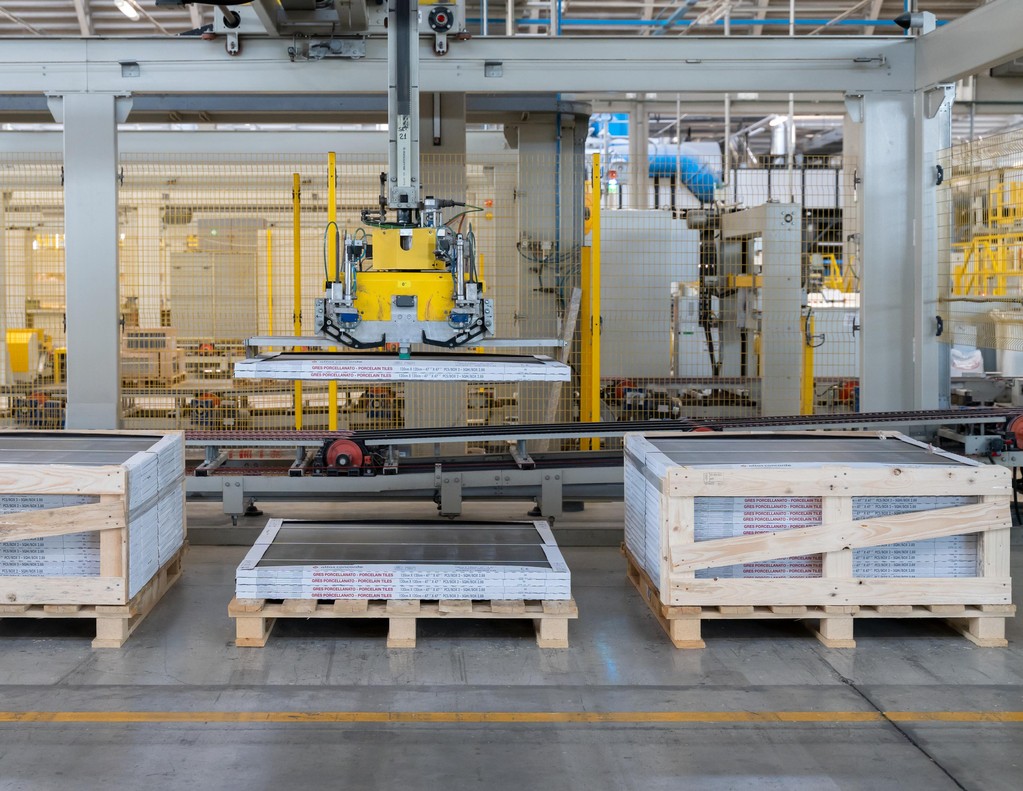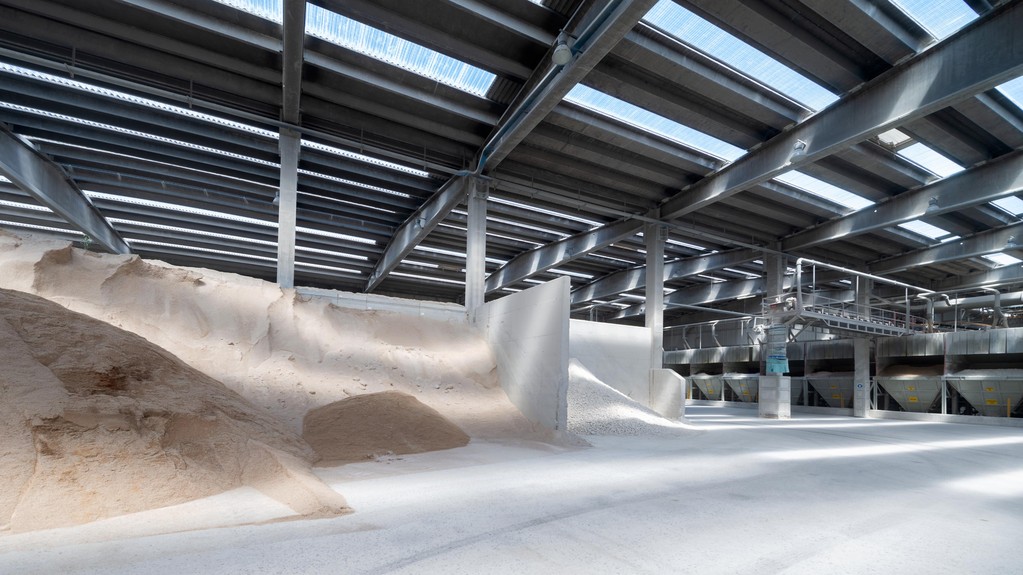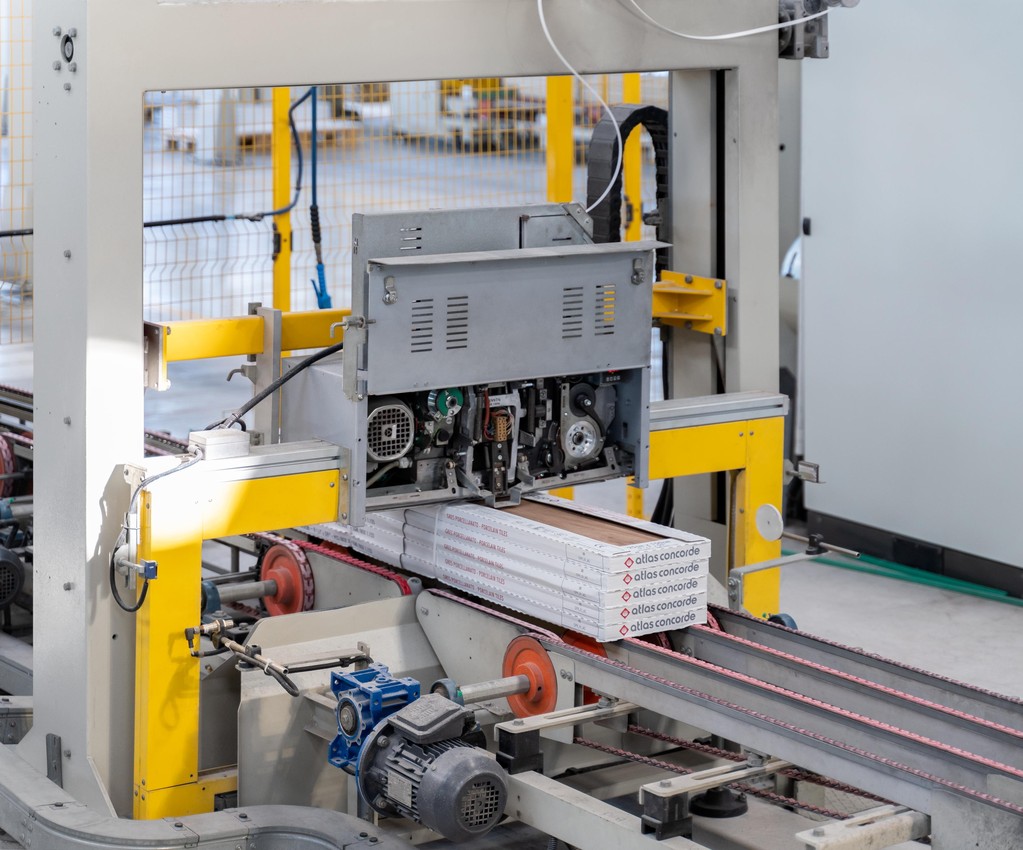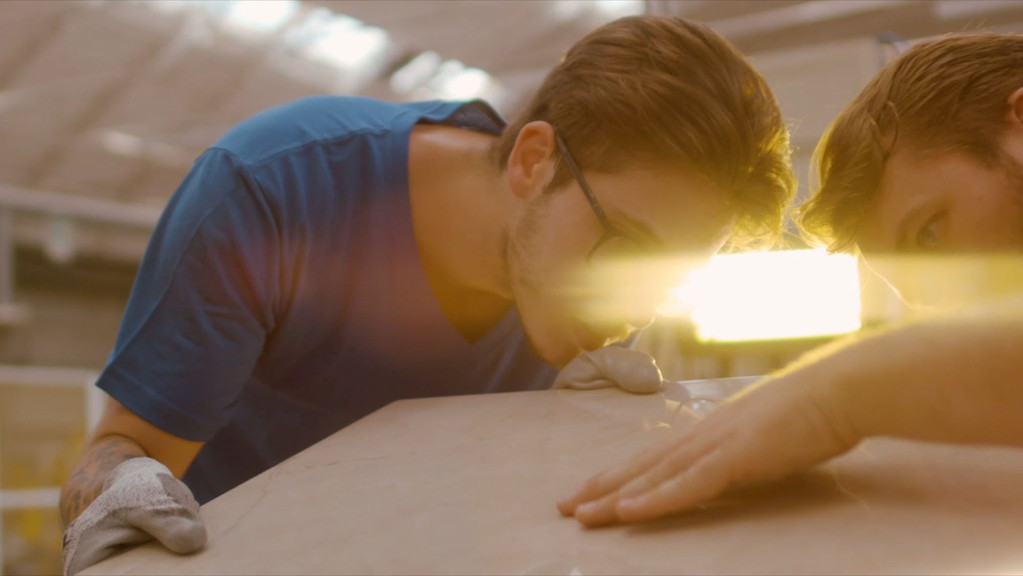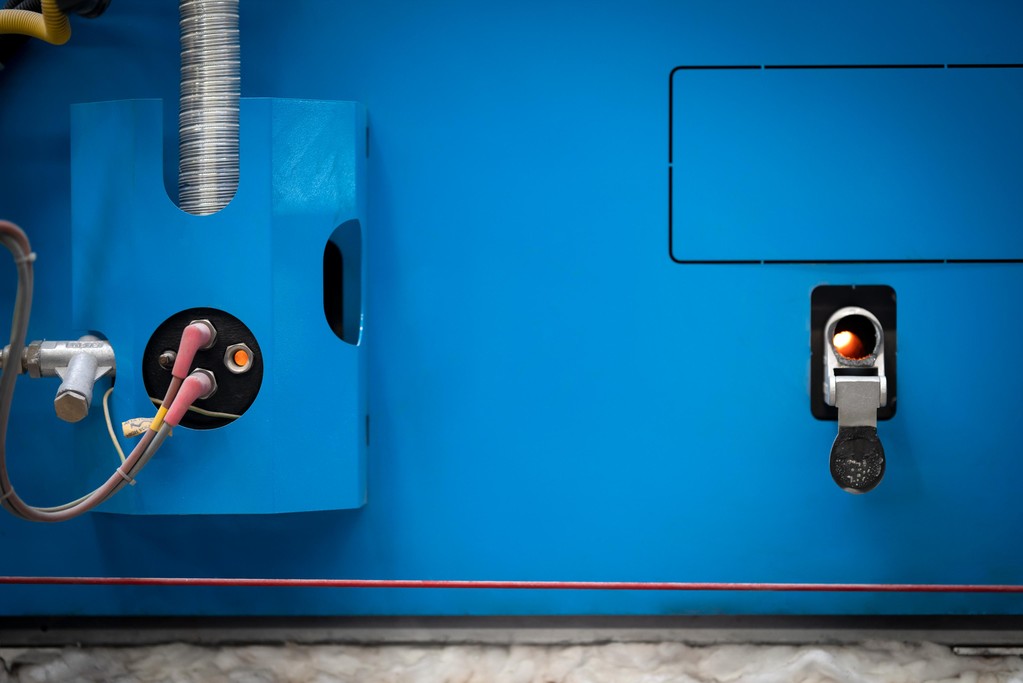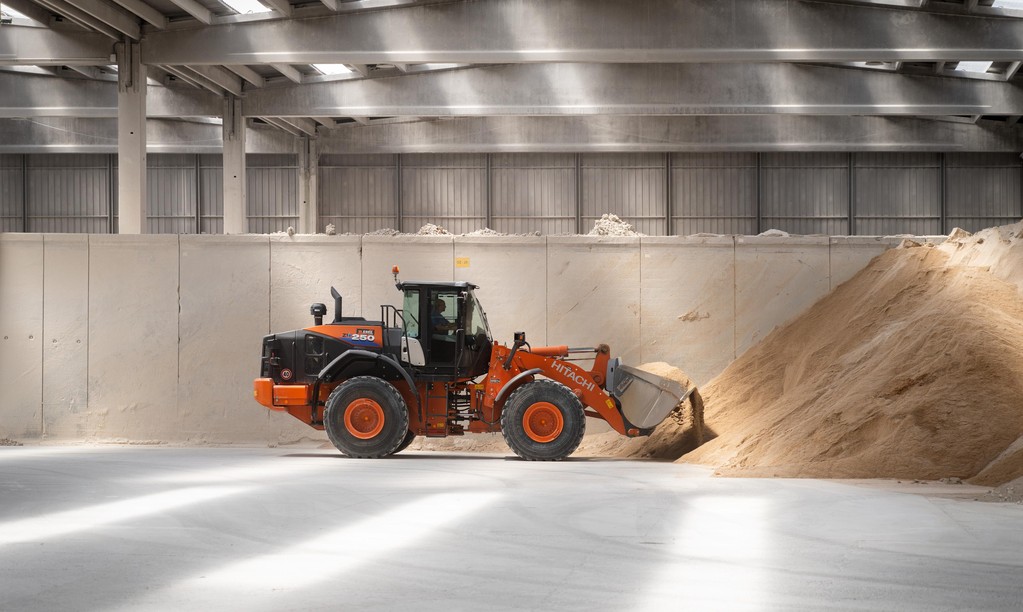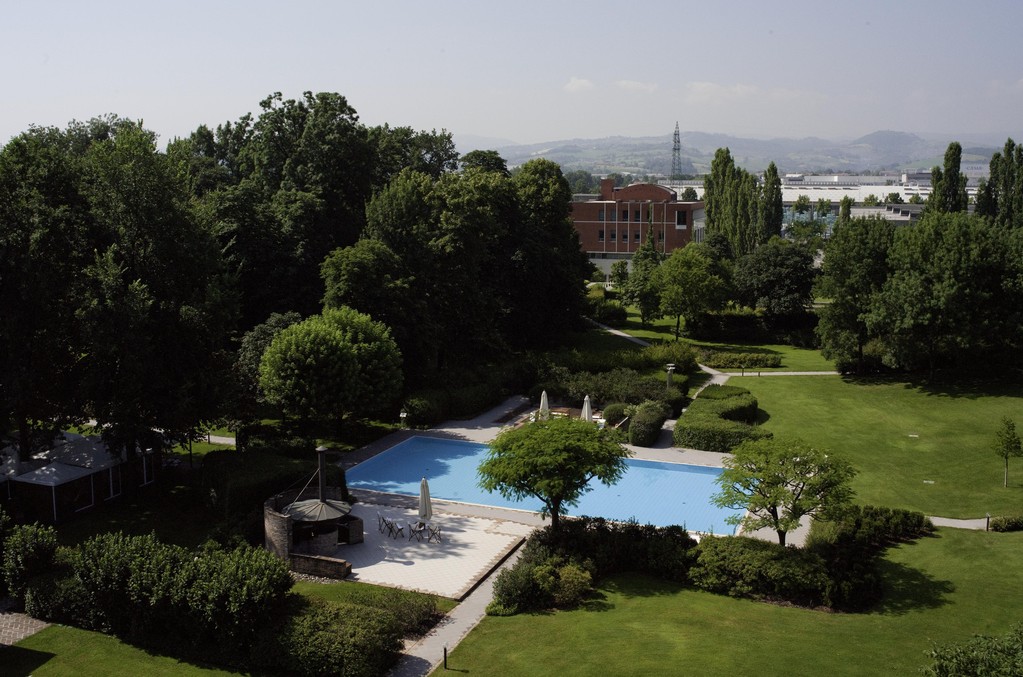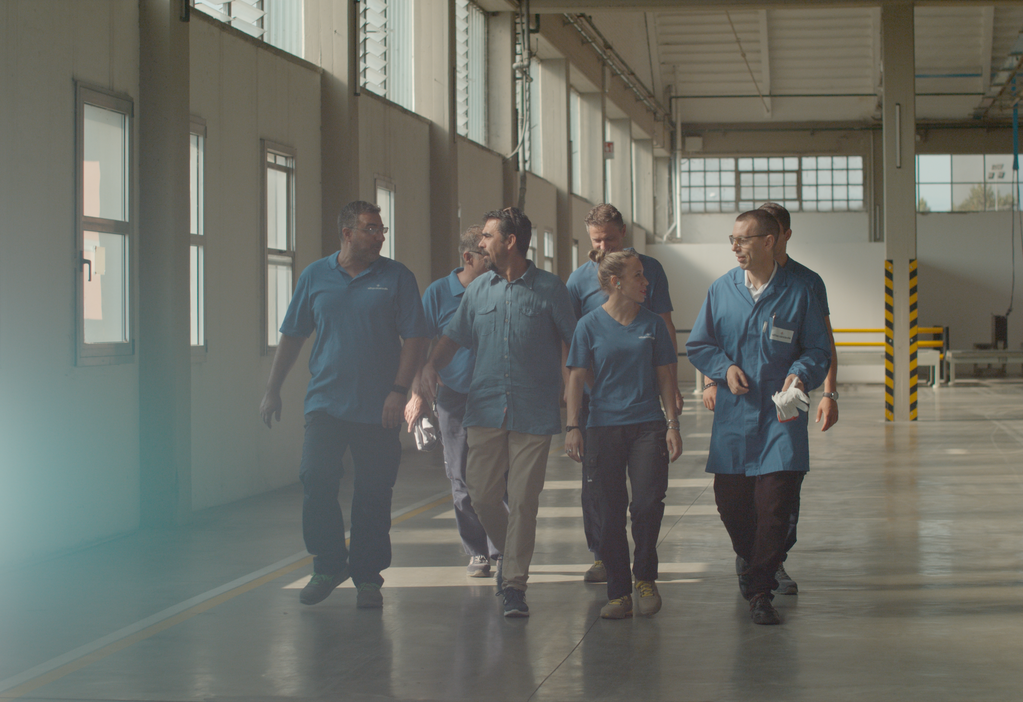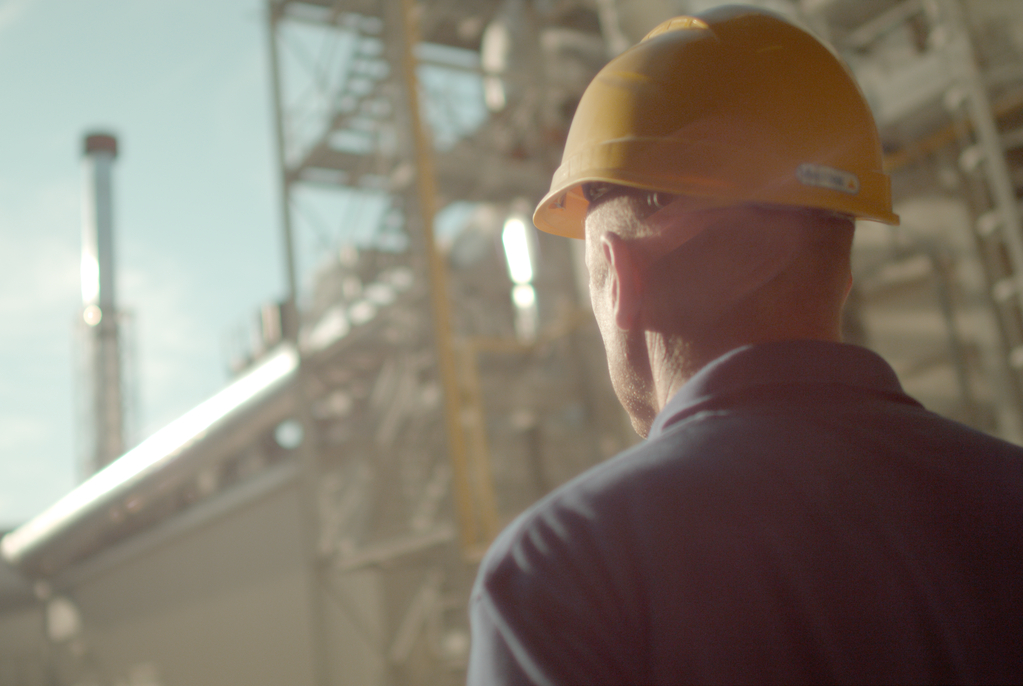The international standard ISO 17889-1 "Ceramic tiling systems - Sustainability for ceramic tiles and installation materials" provides a tool for objectively assessing the sustainability of ceramic tiles.

Corporate
The certainty of sustainability: Atlas Concorde is ISO 17889-1 certified
24 November 2022
Atlas Concorde has demonstrated its commitment to the environment by offering porcelain tiles that combine production excellence with the protection of people and the environment. In fact, all collections satisfy the requirements prescribed by the standard.
A commitment to protecting people and the environment
In recent decades, Atlas Concorde has adopted a strategy aimed at reducing harmful emissions and the consumption of energy and natural resources. Constant investments in technological innovations and the adoption of best practices have thus decreased the environmental and social impact of its products and industrial processes, resulting in the improved wellbeing of people inside and outside the company. To provide architects, designers, and end users with a tool that can assess the sustainability of a building material, Ceramica Italiana promoted the creation of an international standard that objectively defines a tile's sustainability criteria.
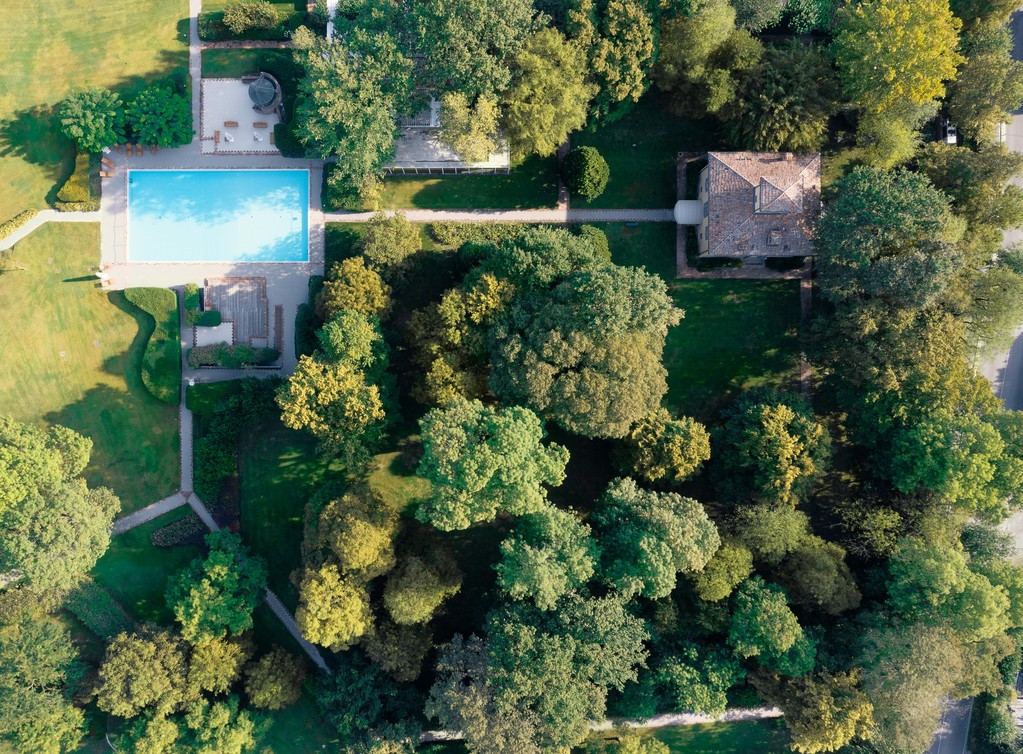
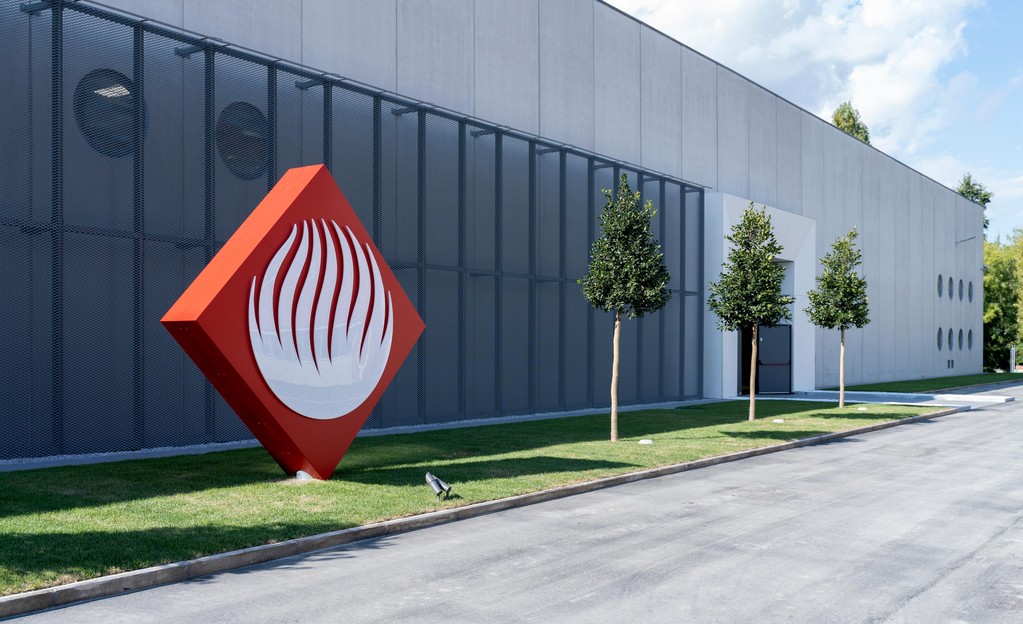
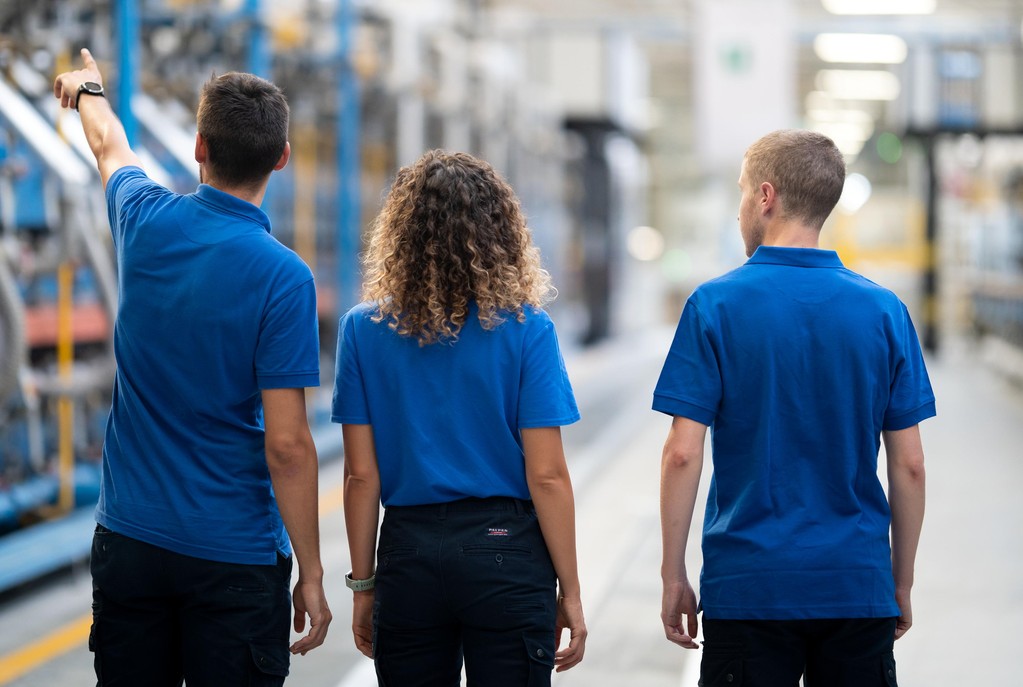
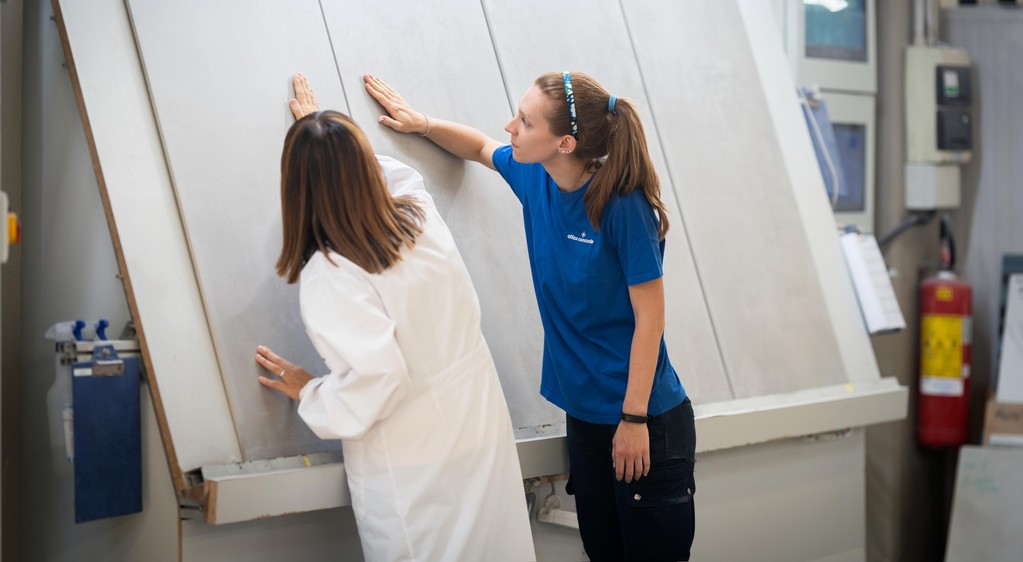
ISO 17889-1: certified sustainability
ISO 17889-1 "Ceramic tiling systems - Sustainability for ceramic tiles and installation materials" is the first global standard to objectively measure the environmental, social and economic impact of ceramic tiles. In fact, it is a system that identifies 38 requirements, 15 of which are mandatory and 23 voluntary, establishing a specific value assigned based on comparison with benchmarks. The standard analyzes the entire life cycle of tiles: selection and extraction of raw materials, industrial production processes, packaging, distribution and installation, use and final disposal. A ceramic product can achieve certification and be considered sustainable only if it meets the mandatory requirements and scores a minimum of 117.5 out of 130 under the voluntary requirements.
How the ISO 17889-1 standard is applied
Among the factors considered, ISO 17889-1 particularly rewards the use of recycled and recyclable raw materials and the use of resources extracted close to the place of production. Moreover, an updated list with all items contained in the final product and a written statement showing the social responsibility policy adopted by the suppliers is required. At the production level, practices of energy efficiency and recovery, reduction of water consumption and adoption of renewable energy sources are encouraged. Finally, the safety and healthiness of the work environment are very important for certification. Companies that want to certify the sustainability of their products are required to complete a self-certification, following the same procedures as for other ISO certifications. At a later date, external certifying bodies verify the specific score achieved by the various performance levels, and confirm compliance with ISO 17889-1.
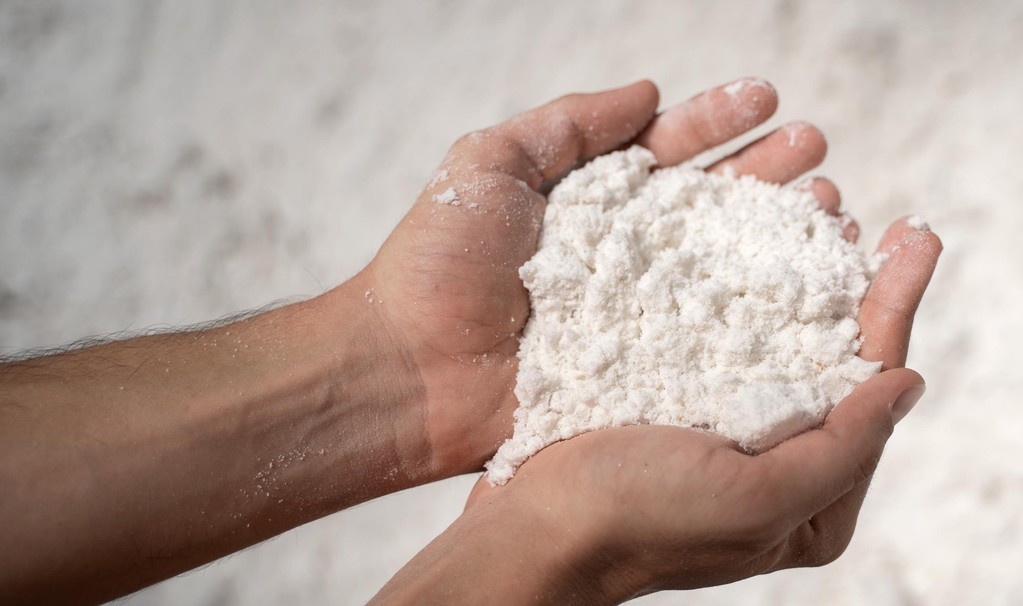
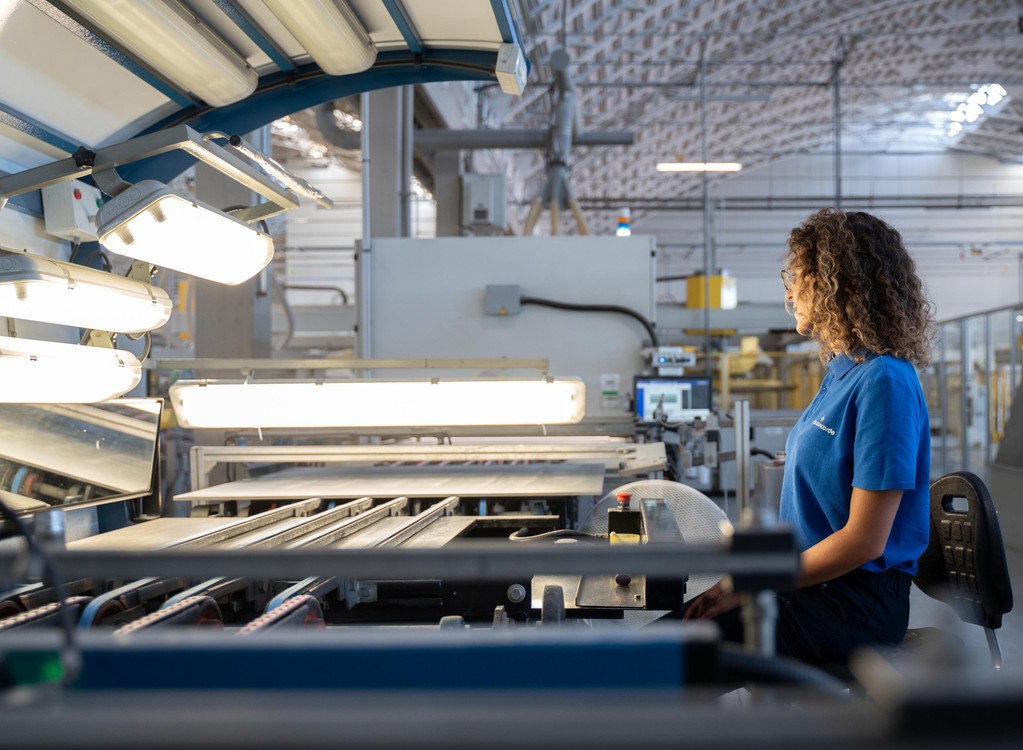
Design the present, safeguard the future.
Atlas Concorde was one of the first companies in the ceramic industry to earn ISO 17889-1 certification, confirming the superior sustainability of its products. This milestone once again confirmed its continued commitment to balancing industrial efficiency, environmental protection, and attention to people throughout the supply chain. After all, social responsibility has always been an integral part of Atlas Concorde's business model. Since its founding in 1969, the company has regarded the welfare of workers and the community as an essential component of its way of doing business.
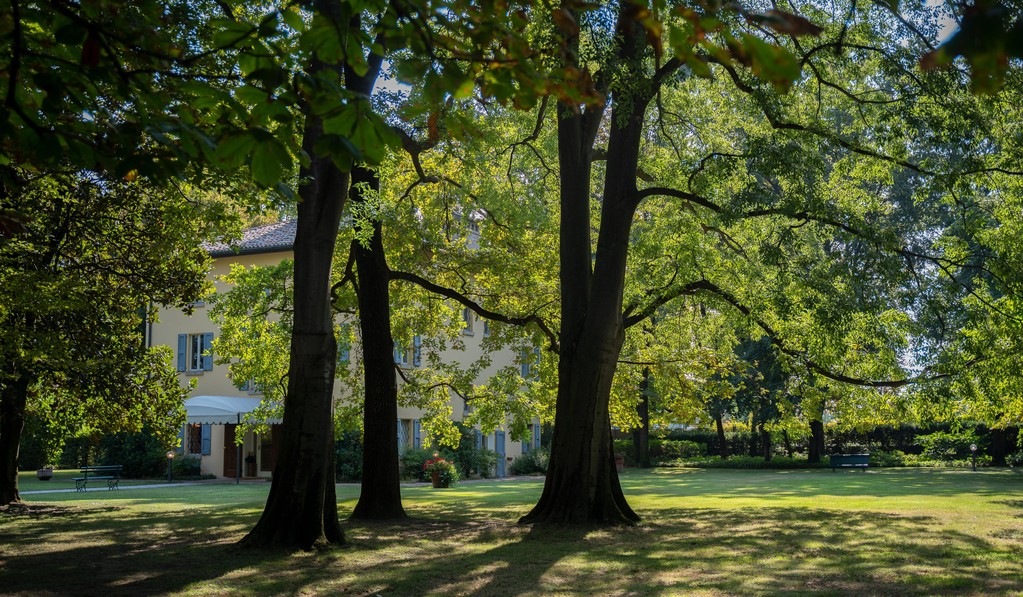
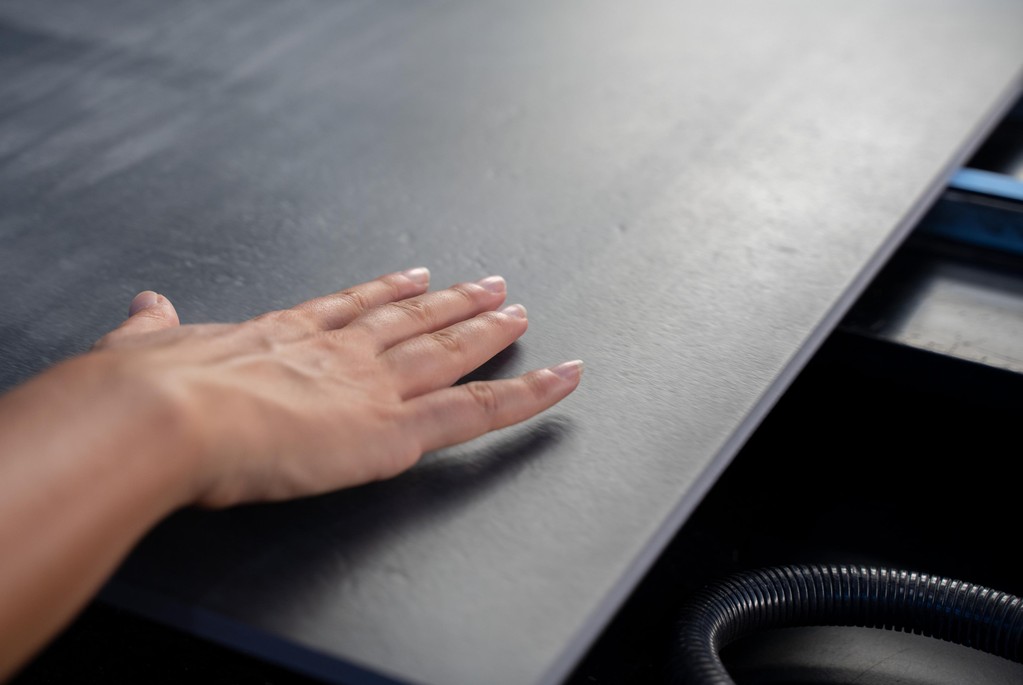

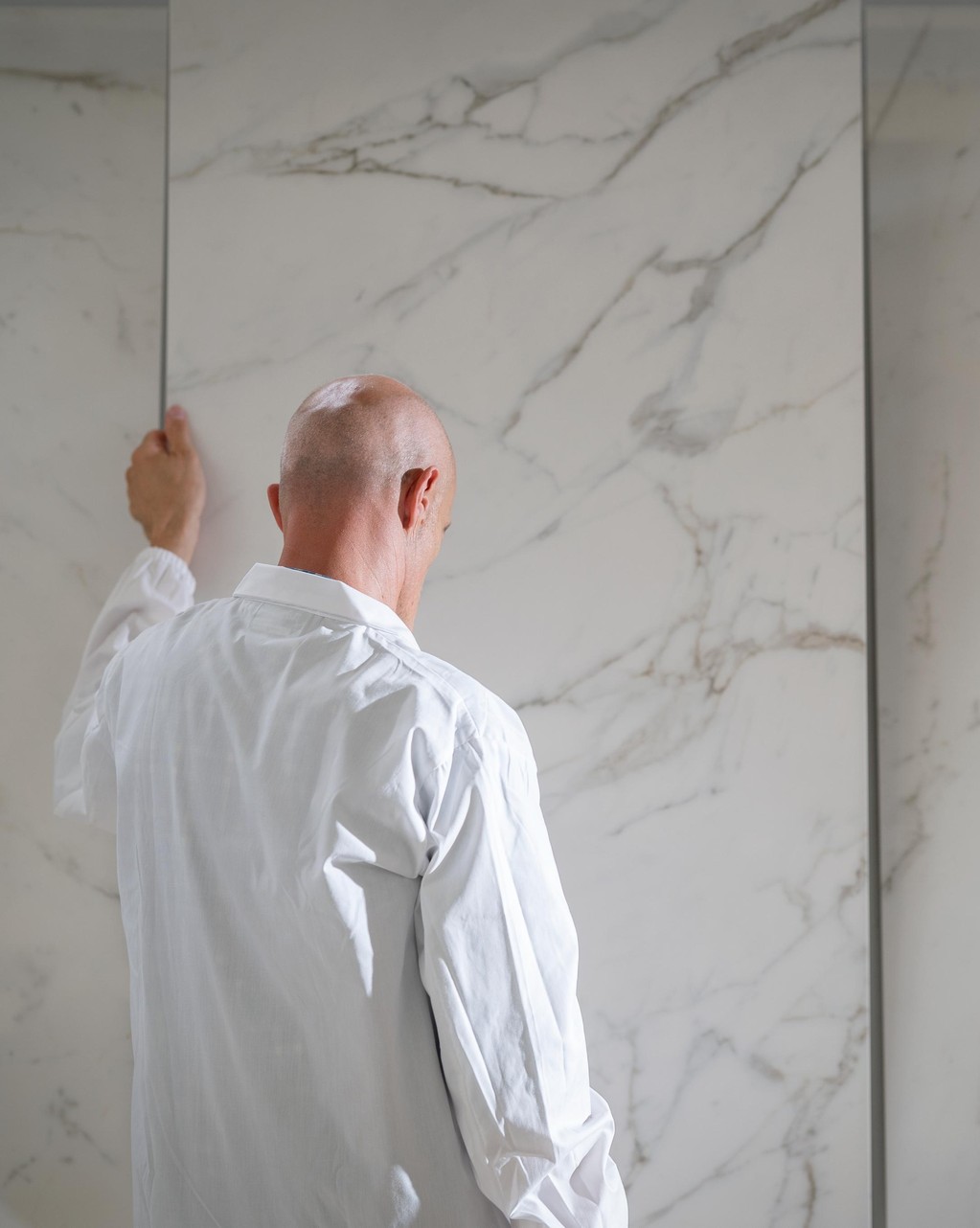
Today Atlas Concorde has developed a production process that limits its industrial impact as much as possible. The Fiorano Modenese plant has achieved electrical self-sufficiency thanks to an innovative methane-fueled cogenerator, which covers 100% of electrical needs with reduced CO2 emissions. Furthermore, the adoption of an RTO (regenerative thermal oxidizer) purification system has made it possible to contain emissions of fluorine and other pollutants and odorants well below the limits required by Italian regulations and BAT (Best Available Techniques) valid at the European level. For Atlas Concorde, environmental sustainability is also a foundational element of its structural investments. The new Finale Emilia plant dedicated to the production of large slabs that will be opened in 2023 will be equipped with solar panels capable of generating up to 3,850 MWh per year, reducing CO2 emissions by about 1,350 tons.








































.jpg?cropw=4096&croph=2654.2479700187387&cropx=9.695217308093677e-13&cropy=76.7520299812622&cropmode=pixel#?w=3840&q=100)

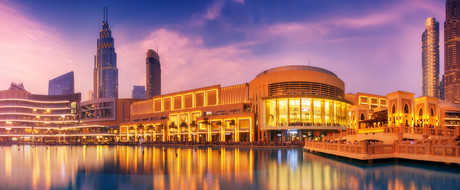






































.tif?cropw=4036.303976681241&croph=2705.4159900062464&cropx=59.69602331875912&cropy=25.584009993753906&cropmode=pixel#?w=3840&q=100)
.jpg?cropw=4096&croph=2978.1919633562356&cropx=0&cropy=93.80803664376384&cropmode=pixel#?w=3840&q=100)


.jpg?cropw=4096&croph=2304&cropx=0&cropy=215.39045431878446&cropmode=pixel#?w=3840&q=100)





